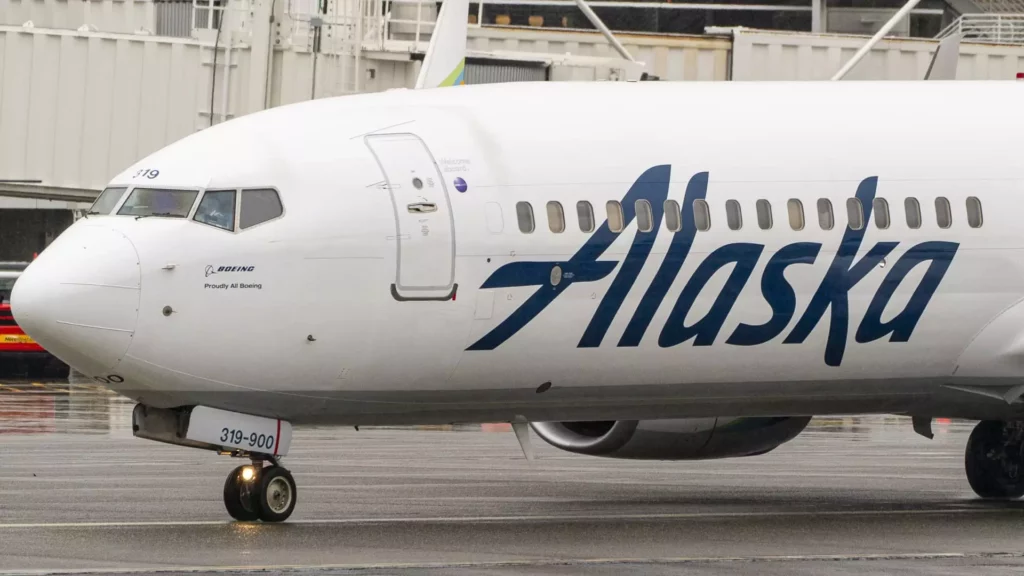![]()
In a surprising turn of events, Alaska Airlines flight attendants have rejected a new labor deal that would have resulted in significant raises. The union representing the flight attendants cited that there is more work to be done and will be surveying its members to address key issues that need to be resolved. This rejection has set the stage for further negotiations between the union and the airline.
The rejected labor deal had promised immediate raises averaging more than 24% for the flight attendants. The tentative agreement, which was reached in June, also included boarding pay, back pay, and average pay increases of about 32% over a three-year period. Despite these attractive offers, the flight attendants decided to reject the deal, signaling that there are unresolved issues that need to be addressed.
The decision by Alaska Airlines flight attendants to reject the labor deal comes at a time when airline workers across the industry are pushing for better pay and improved working conditions. The impact of Covid-19 on the airline industry has halted many labor negotiations, leading to increased tension between unions and airlines. While pilots at major carriers have managed to secure favorable deals in the past two years, other airline workers, including flight attendants, are still advocating for better compensation.
Adding to the complexity of the situation is the looming merger between Alaska Airlines and Hawaiian Airlines. This merger presents a unique challenge for both the union and the airline, as they navigate negotiations amidst significant changes in the industry. The rejection of the labor deal by Alaska Airlines flight attendants could have implications for the merger talks and the overall success of both companies.
As both parties prepare to return to the negotiating table, the focus will be on addressing the issues that led to the rejection of the labor deal. The union’s commitment to advocating for the rights of its members, combined with the airline’s goal of long-term success, sets the stage for potentially challenging yet crucial discussions. It remains to be seen how the unresolved issues will be resolved and whether a new agreement can be reached that satisfies both the flight attendants and the airline.

Leave a Reply